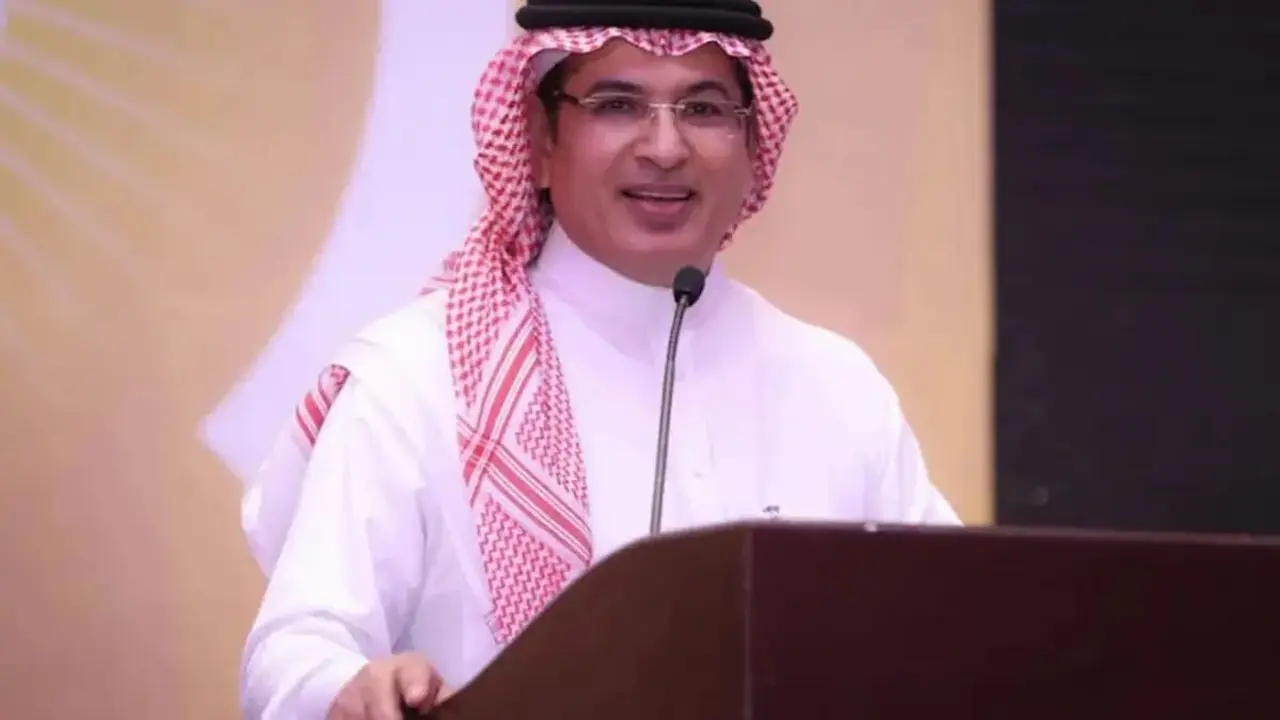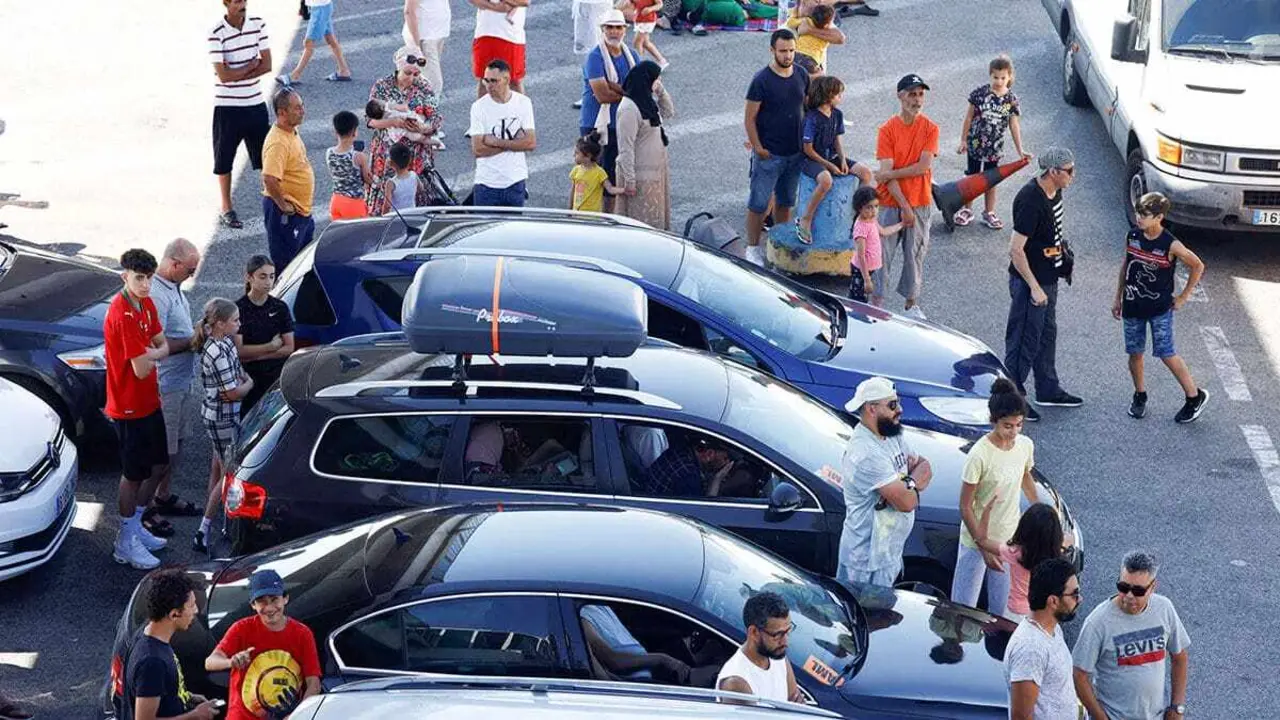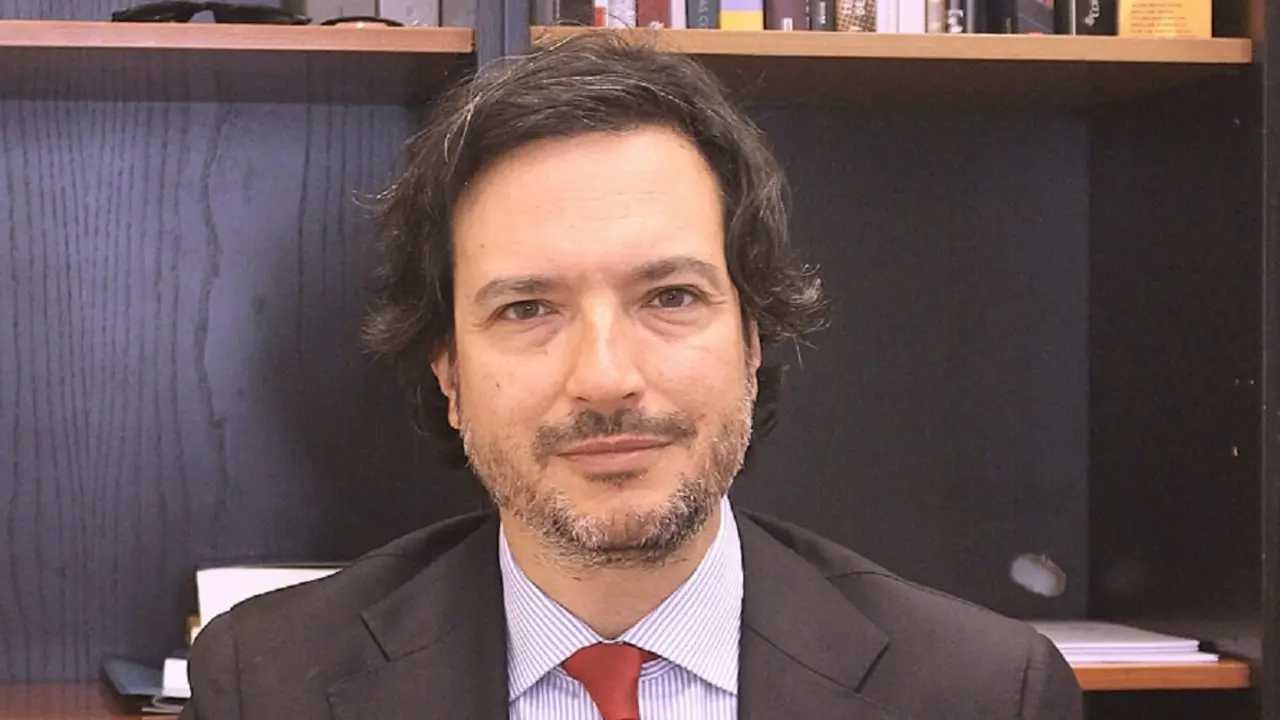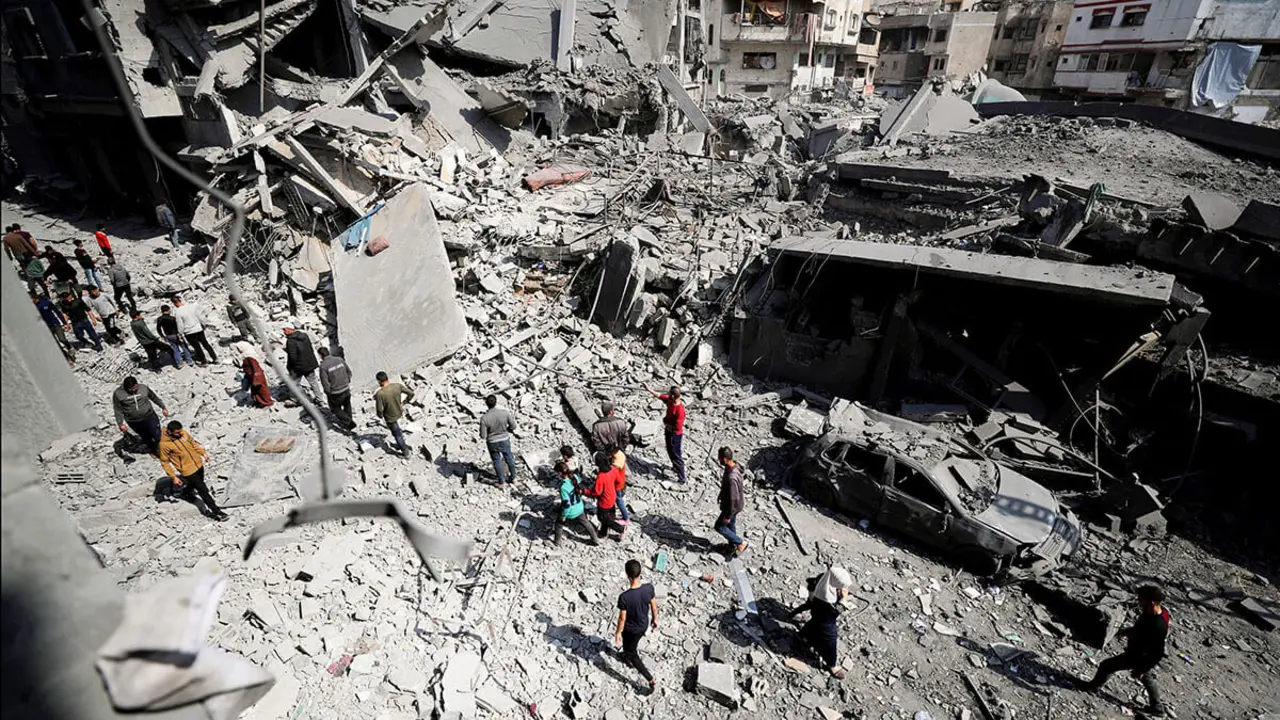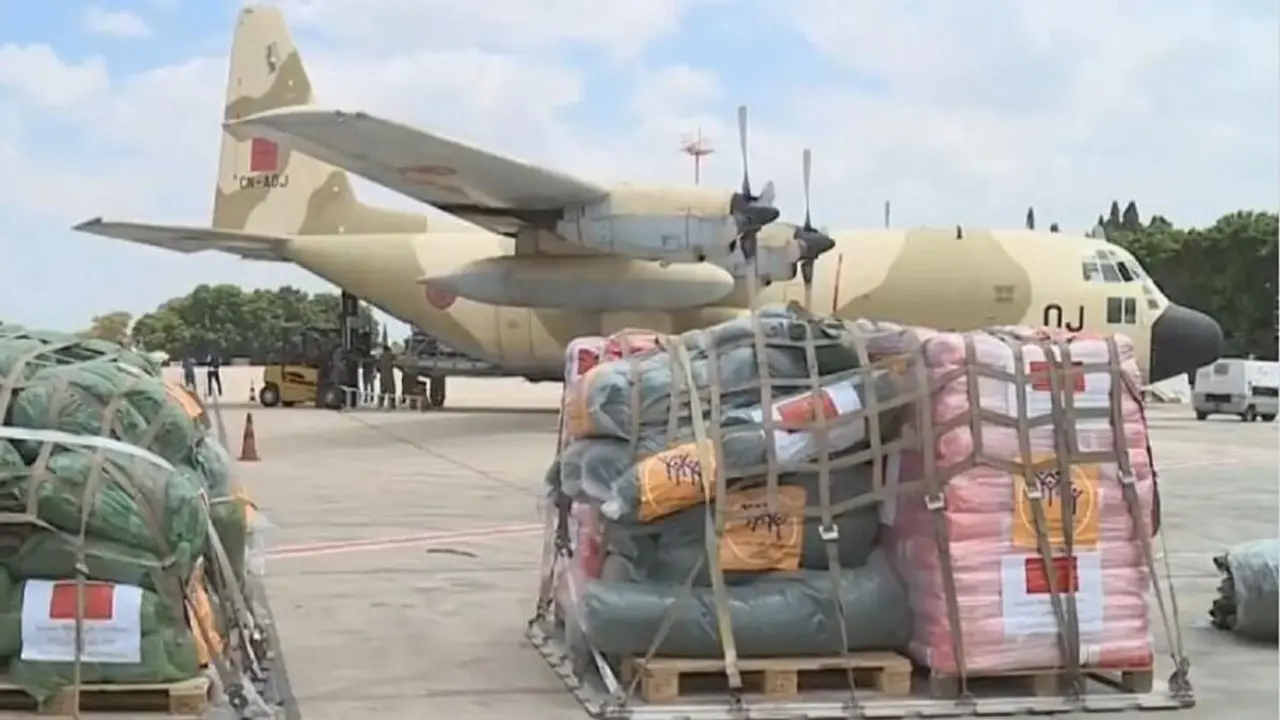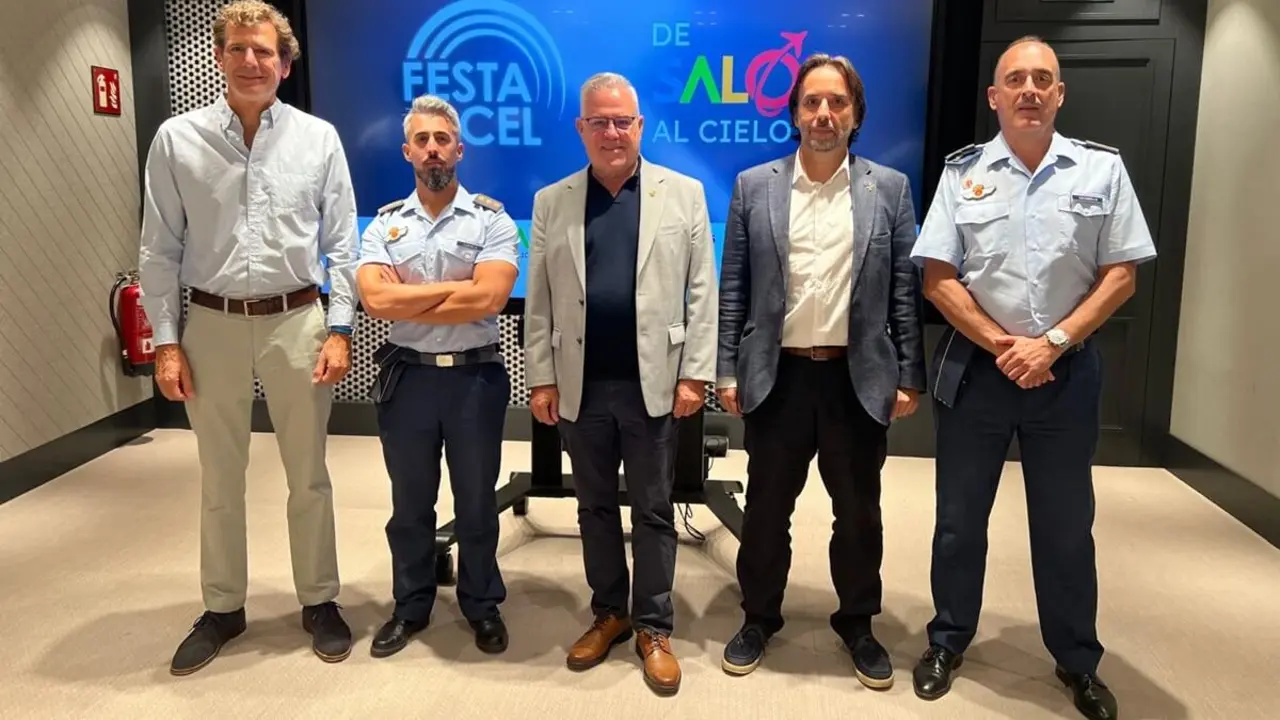Marruecos trabaja para una adecuada vuelta desde Europa de menores en situación irregular a pesar de las dificultades

The Convention on the Rights of the Child (CRC) is an international treaty that recognises the human rights of children, defined as persons under the age of 18, and obliges governments to comply with them. This and other international texts defend children in situations of neglect and should be complied with by all countries.
Moroccan minors do not escape this situation and those who are in Europe waiting to return to their country should have an adequate mechanism for their return. Morocco is working to ensure that minors deported from European countries return with full guarantees, despite the obstacles encountered by the various destination countries.
Until now, no European country has implemented unified and adequate mechanisms to guarantee the return of these children, who are protected by various texts such as the United Nations Children's Fund (UNICEF) Convention on the Rights of the Child, as various experts and media such as Al-Arab have warned.
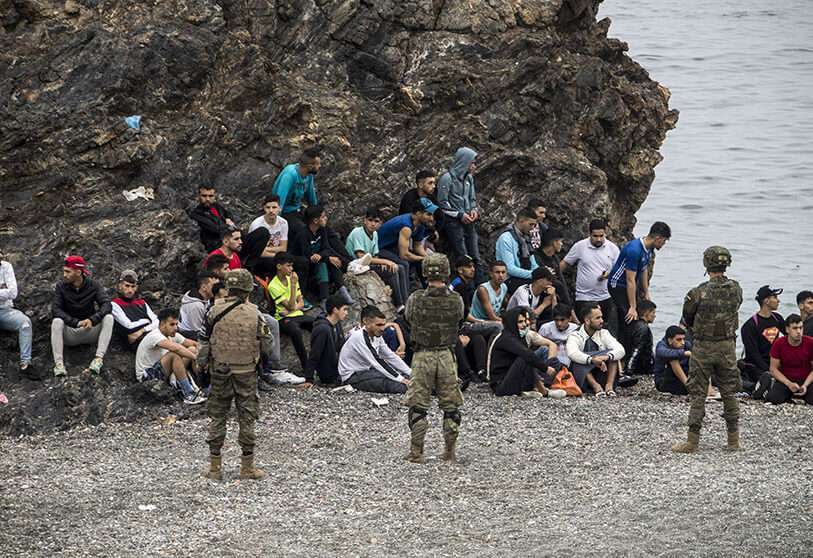
The Moroccan kingdom is clearly committed to resolving this issue affecting minors who are in an irregular situation in different countries, cooperating with the governments of these countries despite the limitations that exist to complete the return procedures due to the existence of different legislative codes and points of view in each of the host or destination countries of these children. The North African country is working on a support system in the country of origin and in the host countries, based on offering care, attention, health and psychological support to children in an irregular situation so that they can enjoy a better situation either while they are residing in the European country in question or if they are able to complete the return process. Nasser Bourita, Minister of Foreign Affairs, African Cooperation and Moroccans Residing Abroad, confirmed that the Moroccan administration is working to respond to the needs of these minors, as reported by Al-Arab. Morocco is working intensively to provide these minors with the most appropriate family and academic integration in educational centres. In cases where the relatives of certain minors cannot be identified, they are assigned a legal representative who takes care of their personal file until they reach the age of 18.
The deportation process of unlawful minors, i.e. their return to their country, must be carried out as long as the minor is received by a family that meets the necessary conditions or by an official institution dedicated to the care of minors, at least until the minor reaches the age of majority. However, the legislation of most European countries stipulates that the deportation of a minor to his or her country of origin requires a judicial decision by a competent court in the country of origin. So far, no European country has managed to put in place mechanisms to ensure the return of these minors, who are protected by numerous texts, starting with the International Convention on the Rights of the Child, to their countries of origin.
According to UNICEF statistics, the number of Moroccan children in Spain is 9,000 (68% of all minors in Europe). For historical and geographical reasons, and because of the links between two neighbouring and allied countries such as Morocco and Spain, Spain is the main destination for children who are forced to leave Moroccan territory for whatever reason.
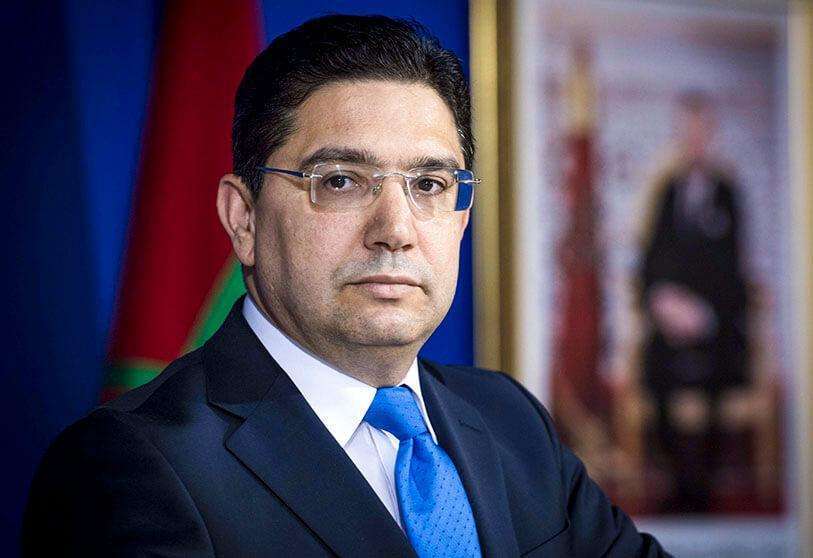
The Rif Association for Human Rights confirmed that the establishment of centres in Morocco to receive irregular migrants in the category of unaccompanied minors that EU countries intend to expel is part of the agreements signed by these countries with Morocco at different times, as reported by Al-Arab media.
Spain and Morocco have a bilateral agreement to work together on the prevention of irregular migration of unaccompanied minors, their protection and agreed return. According to this 2007 agreement, both countries establish a framework of collaboration with material and human resources to protect and accompany these minors in the process of deportation or return. This agreement includes precise conditions such as identifying the minor and the place of residence of his or her parents, providing information about them, and presenting documents in this regard during the deportation process, respecting the interests of the child and all under judicial supervision.
But, as demonstrated in the past, there are problems with several European countries due to their legal provisions that complicate the deportation process. Khaled Zerouali, director of Immigration and Border Control at the Moroccan Interior Ministry, indicated that his country has reception services for children that allow them to be integrated into their own or host families, and even sends work teams to countries such as Spain, France and others to identify these minors and offer them assistance, as reported by the Al-Arab media.
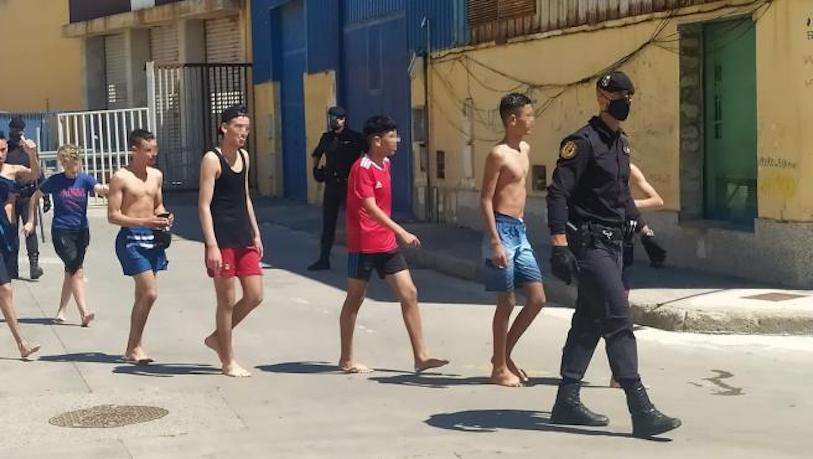
The European Union is working to ensure the best possible guarantees for these unaccompanied minors. Thus, the European Court of Justice issued a decision earlier this year to prevent the deportation of unaccompanied minors unless the authorities confirm the presence of family members or an appropriate institution to care for them in their countries of origin.
The issue of unaccompanied minors is of great importance. In the case of Spain, the arrival of unaccompanied children began in the late 1990s and has been a growing phenomenon in recent years; although the percentage in relation to the numbers of adult migrants remains low and also in relation to the total number of foreign children living in Spain, which exceeds half a million. Most of them are adolescents from Morocco and Algeria, although the number of those coming mainly from different sub-Saharan African countries has been gradually increasing. The vast majority of them are fleeing poverty, exclusion and lack of opportunities. Some also seek protection from violence in their countries of origin. While some may have lost parents or family members to violence, in many cases the family remains in the country of origin, as UNICEF notes. They usually come from large families with few resources and leave their family and country in search of opportunity, of a better future.
Aujourd'hui au @SBCCSummit ?️ Child to Child (C2C) : la mobilisation sociale et communautaire avec la participation des enfants pour garantir l'éducation pour tous. Présentation : Meryem Skika @UNICEFMaroc et Rachid Taleb, @MarocEducation. pic.twitter.com/MILP9CIQTj
— UNICEF Maroc (@UNICEFMaroc) December 8, 2022
Unaccompanied foreign minors (known as MENAS) in Spain depend on the Autonomous Communities, which are responsible for managing their protection. There have been legal advances in recent years to improve their situation, such as the creation of registers and the regulation of repatriations or deportations, but there are still certain actions by public entities or certain legislative norms that place these minors in a situation of vulnerability and expose them to various dangers, as has been recognised by different organisations such as UNICEF. This is precisely where Morocco is working in depth to be able to offer a return process with all the guarantees for these minors in an irregular situation.

